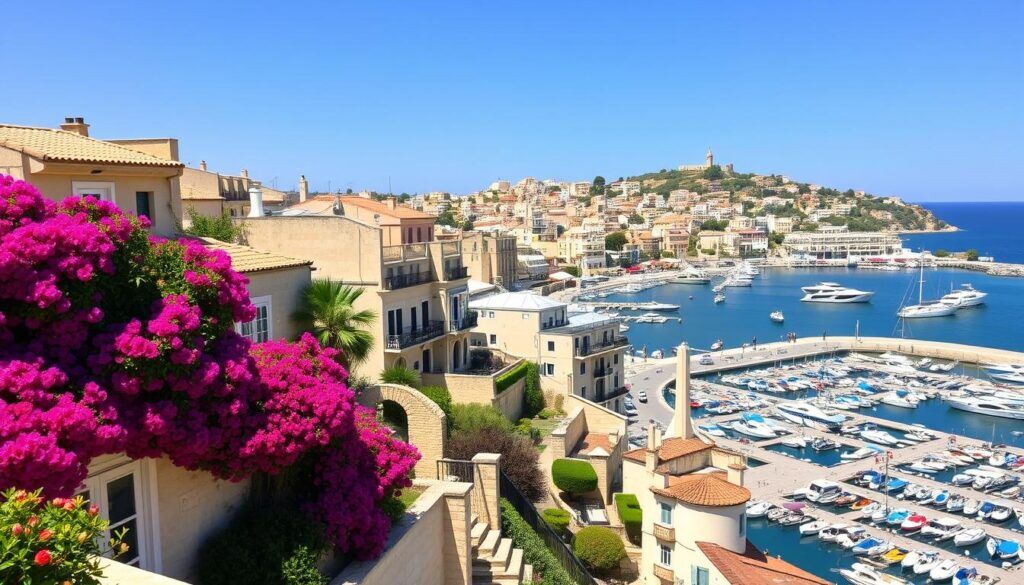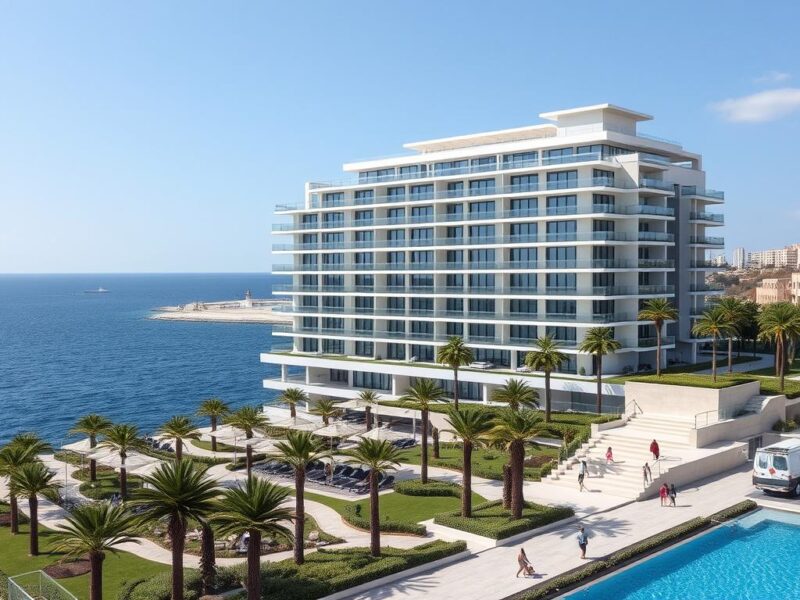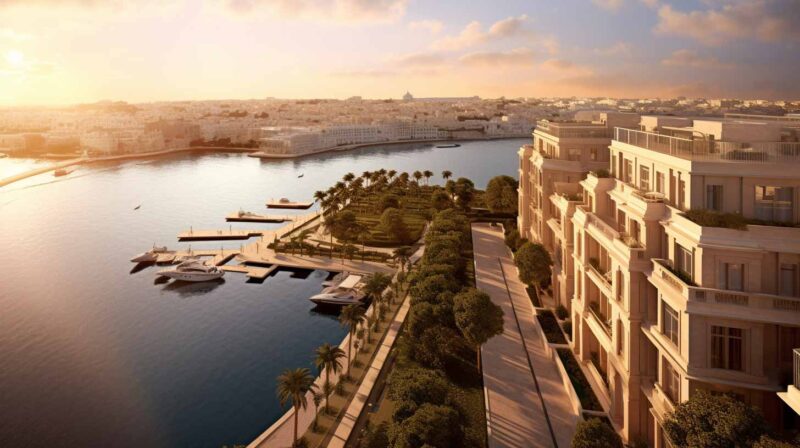As Malta steps into the promising landscape of 2025, the allure of its property market grows increasingly palpable. With its sun-kissed shores, rich cultural heritage, and robust economic stability, the Mediterranean archipelago is attracting investors and homebuyers alike.
Yet, beneath the surface of this flourishing market lies a critical question: How sustainable are these investments in the long run? As global economic uncertainties loom and environmental considerations gain urgency, the sustainability of property investments in Malta becomes a focal point of discussion. Are buyers chasing short-term gains, or are they investing in a future that balances profit with ecological mindfulness? In this exploration, we will delve into the intricate dynamics of the Maltese property market, examining current trends, potential challenges, and the innovative approaches aimed at ensuring a sustainable investment landscape for years to come.
Understanding Sustainability in Real Estate

Understanding sustainability in real estate involves examining how properties are developed, managed, and maintained to minimize environmental impact. In Malta, where natural beauty meets urban development, the challenge is both significant and exciting.
As we move into 2025, investors must consider elements such as energy efficiency, renewable resources, and green building practices that not only appeal to eco-conscious buyers but also promise long-term financial returns. It’s about creating spaces that coexist harmoniously with the surrounding landscape while addressing the pressing issues of climate change and resource scarcity.
Sustainable practices in real estate also encourage community engagement, preserving local culture and promoting social responsibility. Thus, in assessing the sustainability of property investments in Malta, one must look beyond mere profit—sustainable investment is about fostering a legacy that will benefit both people and the planet for generations to come.
Current Trends Driving Malta’s Property Investments

As Malta approaches 2025, a confluence of trends is reshaping its property investment landscape, beckoning both local and international investors. First and foremost, the surge in eco-consciousness has catalyzed a pivot toward sustainable and energy-efficient developments, making properties with green certifications particularly attractive.
Concurrently, digital nomadism is on the rise, as remote work allows individuals to seek climates that offer both livability and leisure; Malta’s strategic location serves as a magnet for this demographic. Furthermore, the government’s incentives for foreign investment continue to gain traction, promoting a fluid flow of capital into the real estate market.
Amid this backdrop, property prices are witnessing intriguing fluctuations, driven by a mix of renewed demand and affordability considerations, ultimately transforming Malta into a dynamic hub for innovative real estate ventures. As these trends unfold, investors are left to weigh the potential for sustainable growth against the vibrant backdrop of Malta’s unique charm.
Economic Factors Influencing Sustainability in 2025
As we look towards 2025, several economic factors are poised to shape the sustainability landscape of property investments in Malta. The rising cost of living, exacerbated by inflationary pressures, may force potential buyers to reassess their budgets and investment priorities, which could lead to a shift towards more eco-conscious developments that offer long-term savings through energy efficiency.
Additionally, government incentives aimed at promoting green building practices are likely to play a crucial role,; as the economy pivots towards sustainability, properties with certified eco-friendly features could command a premium in the market. Conversely, fluctuations in global markets and tourism trends may pose challenges, leading to volatility in property values and affecting demand.
In this intricate web of economic influences, investors will need a keen eye to navigate opportunities that not only promise financial returns but also contribute positively to Malta’s environmental goals. Balancing profit with responsibility will be essential in fostering a sustainable future for the Maltese property sector.
Conclusion


In conclusion, while the Malta property market has displayed promising growth and resilience, its sustainability as an investment avenue in 2025 will largely depend on various external factors such as economic stability, regulatory changes, and global market trends. Investors looking for cheap properties in Malta may find lucrative opportunities, but they must remain vigilant and thoroughly assess the long-term viability of their investments.
As environmental considerations and social responsibility take center stage, adopting sustainable practices in property developments will not only be beneficial for the investors but also for the overall well-being of Maltas communities and ecosystems.
By prioritizing sustainability, investors can ensure that their participation in the property market contributes positively to both their financial goals and the future of the Maltese environment.


